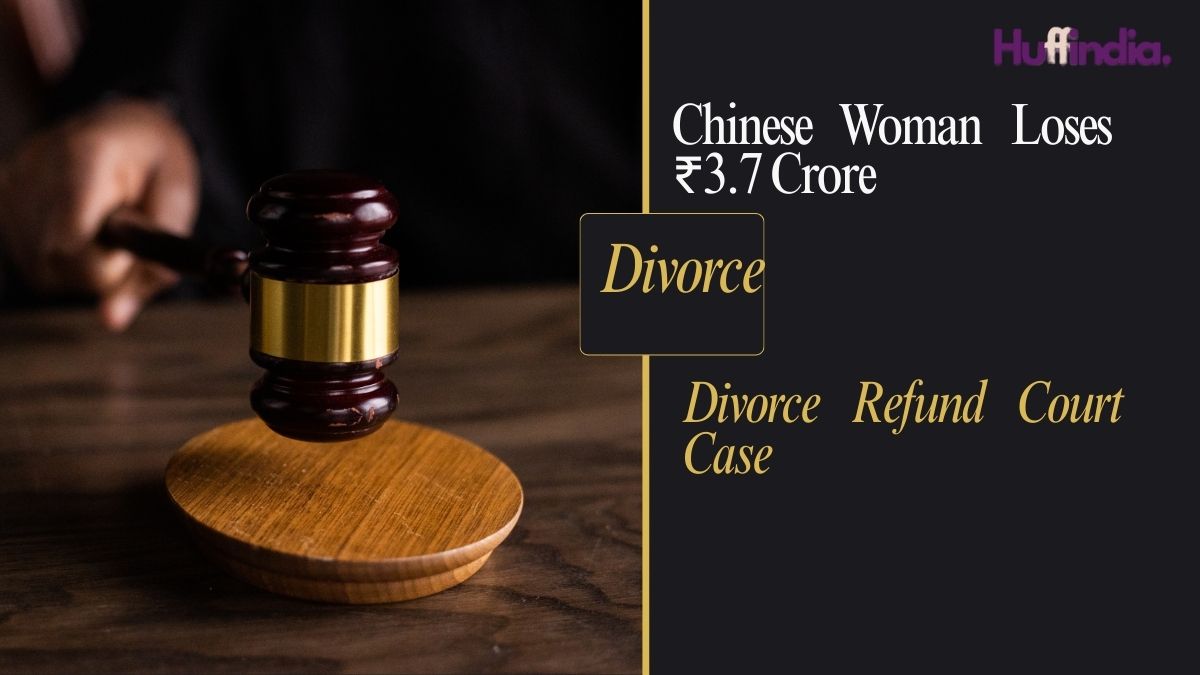Chongqing, September 24 : A stunning courtroom drama has unfolded in China where a businesswoman who paid ₹3.7 crore to facilitate her lover’s divorce was denied a refund after their relationship collapsed.
The entrepreneur, identified only as Zhu, transferred three million yuan directly to Chen, the wife of her subordinate employee He, as divorce compensation and child support. The substantial payment was intended to clear the path for Zhu and He to start a new life together after both divorced their respective spouses.
However, after cohabiting for nearly a year, Zhu realized their incompatibility and demanded the entire amount back from both He and his ex-wife Chen. The case initially favored Zhu when a Chongqing court ruled the payment was an “invalid gift” that violated public order and customs, ordering the couple to return the funds.
The twist came when Chen and He appealed to a higher court, which completely overturned the original verdict. The appellate judges determined that Zhu had failed to provide adequate evidence proving the money was a personal gift to Chen. Instead, they classified it as legitimate divorce compensation and child support paid on He’s behalf.
The upper court also criticized Zhu’s conduct, noting her “lack of integrity” in using wealth to expedite a divorce only to later demand reimbursement when the romance soured. The final ruling allowed Chen to retain the entire amount, sparking widespread debate on Chinese social media about love, money, and moral responsibility.
Chinese netizens largely condemned Zhu’s actions, with one user commenting: “It is unreasonable for her to disrupt another person’s marriage and then demand the money back after the divorce”. The case has reignited discussions about the ethics of using financial leverage in personal relationships and the legal boundaries of such arrangements.


























